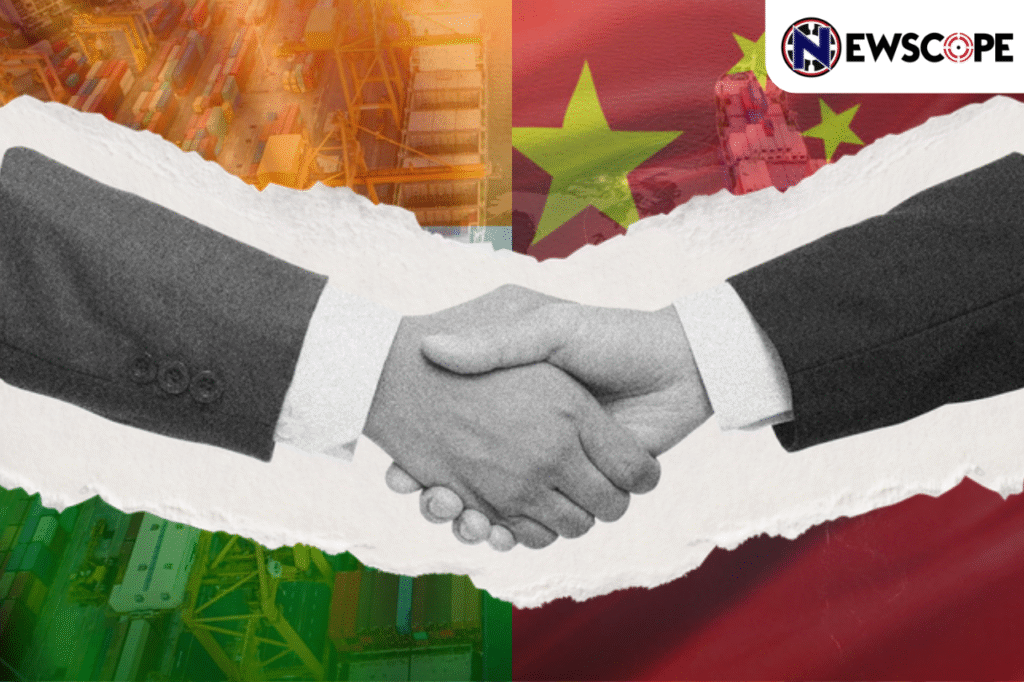President Donald Trump has signaled a possible end to the escalating tariff war with China, expressing optimism about reaching a trade agreement within weeks. This announcement has come after months of tit-for-tat tariff hikes that halted global markets and significantly strained U.S.-China relations. Trump’s comments hint ar a de-escalation of a trade conflict that has imposed tariffs as high as 245% on Chinese goods, with China retaliating at rates up to 125%.
“I don’t want them to go higher because at a certain point you make it where people don’t buy,” Trump reasoned at an interview at the White House. “So, I may not want to go higher or I may not want to even go up to that level. I may want to go to less because you know you want people to buy and, at a certain point, people aren’t gonna buy,” he continued. He informed reporters of being in contact with Chinese envoys to cut a deal.
Speaking at the White House, Trump also stated, “I think we are going to make a very good deal with China,” emphasizing a desire to avoid further tariff increases to protect consumer spending. “I may not want to go higher… because at a certain point, people aren’t gonna buy,” he told reporters. This is a sharp detour from his earlier aggressive stance that saw tariffs on Chinese imports rise from 54% in early April to 145% by mid-month. China replied in kind and imposed levies of 34% to 125% on U.S. goods, vowing to “fight to the end” if provoked further.
The tariff war took a toll on both economies. In the U.S., small businesses faced potential bankruptcy risks. Logistics firm Flexport estimated a total of $1 trillion in lost economic activity. In China, coastal manufacturers reliant on exports were struggling, though Beijing had downplayed the damage, citing a diversified trade network and a robust domestic market.
Trump’s optimism follows China’s appointment of Li Chenggang, its WTO envoy, as a new trade negotiator. However, China insists on “mutual respect” and has filed WTO complaints against U.S. tariffs.



